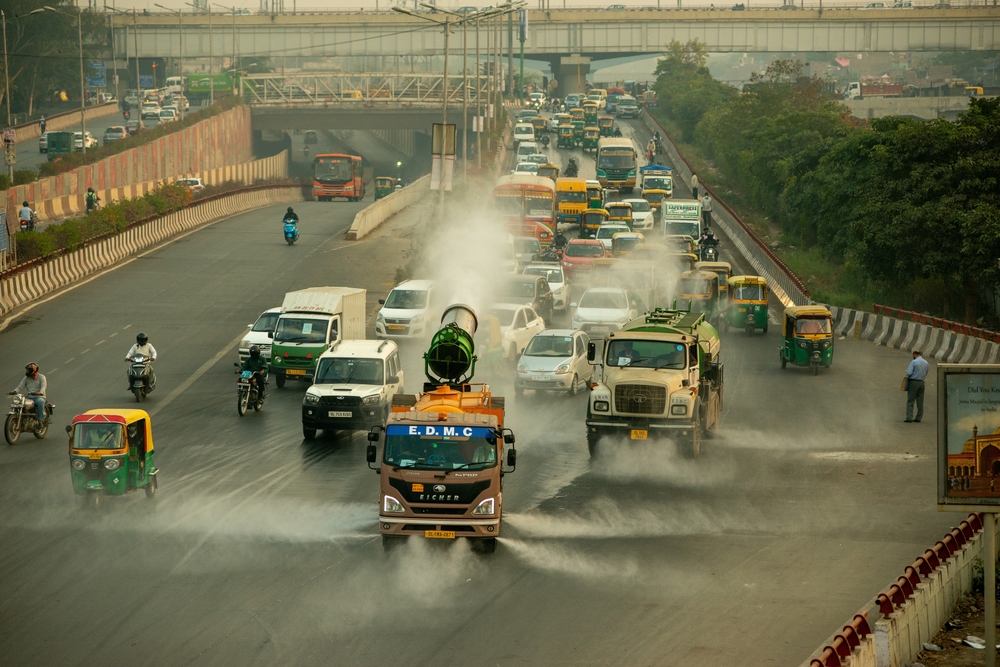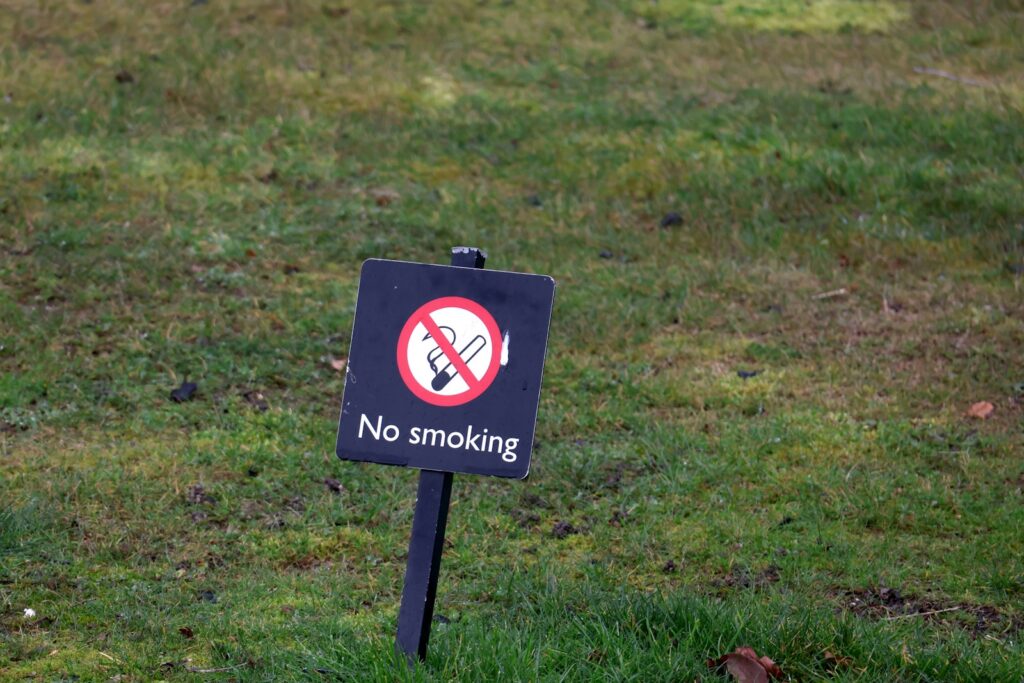New research has found that exposure to high levels of toxic metals in war zones can pose a significant risk for infants’ motor, cognitive, and emotional development.
Because of the growing use of high-tech weapons, people living in war zones are exposed to an increasing variety of toxic metals. A team from Tampere University in Finland decided to investigate how this exposure might affect child development.
The study involved 502 Palestinian mothers and infants living in the Gaza Strip, with all the mothers having been pregnant during the war of 2014.
The study focused on 18 toxic metals including chromium, tungsten, uranium and mercury, which are known to cause cancer, harm the nervous system and interfere with foetal development.
Researchers measured the concentrations of these metals in the hair samples of mothers and newborns at birth, finding that high levels of these metals in both mothers and babies were linked to problems with the babies’ motor, cognitive and emotional development.
The study also showed that when mothers had high metal levels, their babies showed problems as early as six months old. But when the babies themselves had high levels of toxic metals, problems showed up later, around 18 months.
The researchers also looked at the part breastfeeding might play in such a scenario.
Emerita Professor of Psychology Raija-Leena Punamäki from Tampere University said: ‘Since breastfeeding has many beneficial effects, we wanted to study its role in exposure to toxic metals.’
They found that mothers in which high levels of carcinogenic and neurotoxic metals were found breastfed for a shorter time and with reduced intensity. This had the knock-on effect of exacerbating the negative effects of the metals on infant development.
The report concludes: ‘Weaponry-induced toxic metals can interfere with optimal breastfeeding, which is one of the naturally protecting activities in infancy. This effect reminds us that the consequences of war atrocities are not limited to direct victims or survivors but can be passed on to children through various routes, also through contaminating their living environment and blocking access to critical nutrition.
‘International organizations, such as Save the Children and UNICEF, provide maternity care for infant–mother dyads in war zones, and their professionals should be aware of the detrimental impact of weaponry on breastfeeding.’
The full research can be read here.


















Leave a Reply